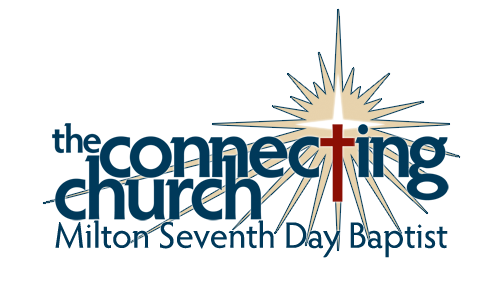
Biblical Stewardship, Part 3
27 Nov 2023, by in NewsletterNOTE: This article is part three in a series of articles focused on biblical stewardship encouraging us to take a closer look into how to become biblical stewards of what God has given to us and our church. Part one can be found in the October newsletter. Part two can be found in the November newsletter.
What Does That Mean for Us?
So what does the idea of stewardship mean for us in the 21st century? Here are five ideas we need to remember if we want to succeed as good stewards:
1. Stewards are responsible for what they have
The key to reliable stewardship is growing an awareness that everything belongs to God. Therefore, we are called to be thoughtful and intentional about how we use our resources. This includes the things we tend to think of as “mine.”
When you pull out your wallet to swipe your debit card, you are not just spending money you earned. You are managing a resource that God has entrusted to you. That does not mean that you can never splurge or buy something extravagant. But you want to be careful to avoid indulgence. In the end, stewardship requires some intentionality. We need a strategy for monitoring the use of God’s property and for investing it.
2. Stewardship is about investing
You could take every cent you have ever earned and put it under your mattress. When Jesus returns, you write Him a check for the millions of dollars you have saved. He is not going to congratulate you on your superb management. Because stewardship is not about protecting – it is about investing.
When Jesus tells us to “store up treasure in heaven,” He is telling us to find ways to send it ahead. We do that by investing in Kingdom-centered things that God cares about. These include:
- Giving to your church
- Investing in ministries
- Supporting charities
- Serving in Christ-centered ways
3. Stewards need to be wise about debt
There is a lot of Christian advice out there about debt, and some of it is pretty alarmist. When you consider the fact that the average American household carries about $17,000 in credit card debt, it is easy to see that there is a problem.
The problem with consumer debt is that it cuts into your ability to use God’s resources wisely. How many people neglect to invest in God’s Kingdom because they struggle to simply make the minimum payments on credit cards? That is why it is critical to borrow wisely and infrequently.
4. God cares for others through His stewards
Every once in a while, someone might pull the money they need out of the mouth of a fish (Matthew 17:24-27). But for the most part, that is not how God takes care of people. God filters His vast resources to people in need through the faithfulness of His stewards. That is why Jesus would say something as outlandish as “give to the one who begs from you, and do not refuse the one who would borrow from you” (Matthew 5:42).
5. Stewards are to invest in the future
When push comes to shove, stewardship is about faith. A good steward believes that:
- God owns everything
- We are responsible for managing His resources
- He is coming back and we will give an account
- There are rewards or consequences for our management
If we do not believe these tenets, stewardship becomes nearly impossible. A steward needs to be able to give up what they have with the faith that it will have a long-term effect on the Kingdom – and that God will reward their stewardship.
The Life of the Faithful Steward
God has blessed each one of us a little differently. The challenge is to use whatever we have – be it money, time, energy, or skills – to serve God and grow His Kingdom. This means that we look at what we have and ask God, “How can I use this to glorify You and reconcile people to You?” When we consistently ask ourselves that question, we are well on our way to becoming good stewards.


